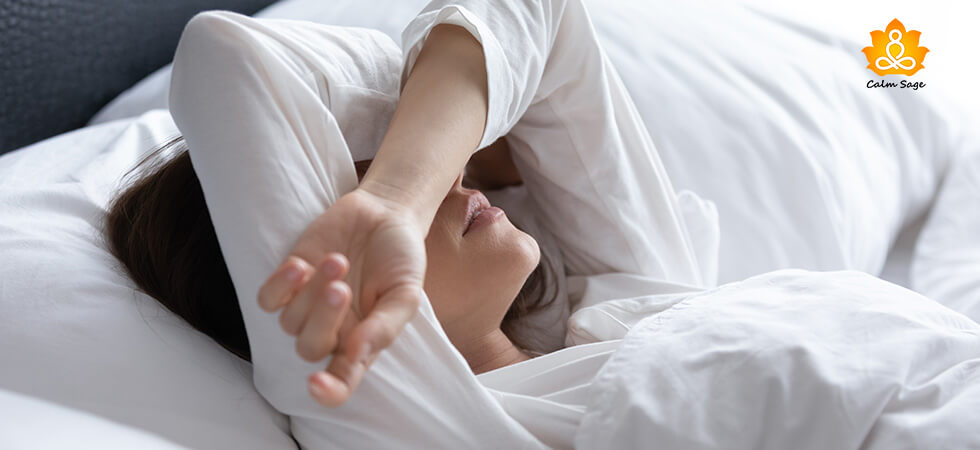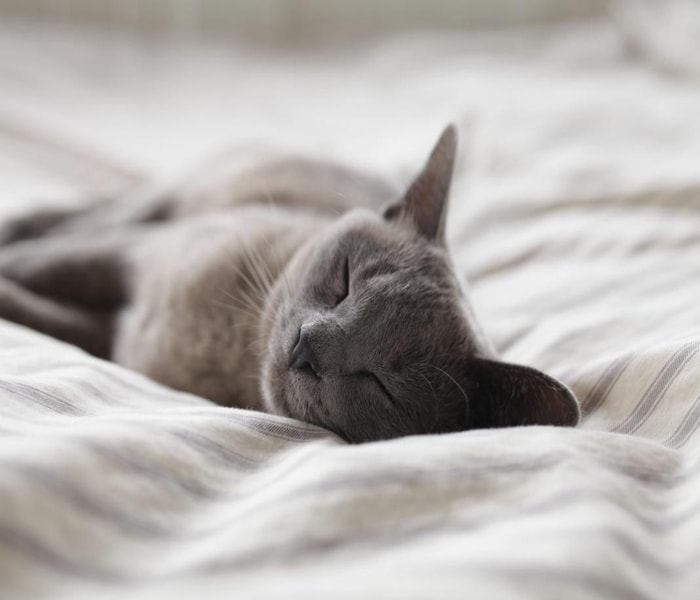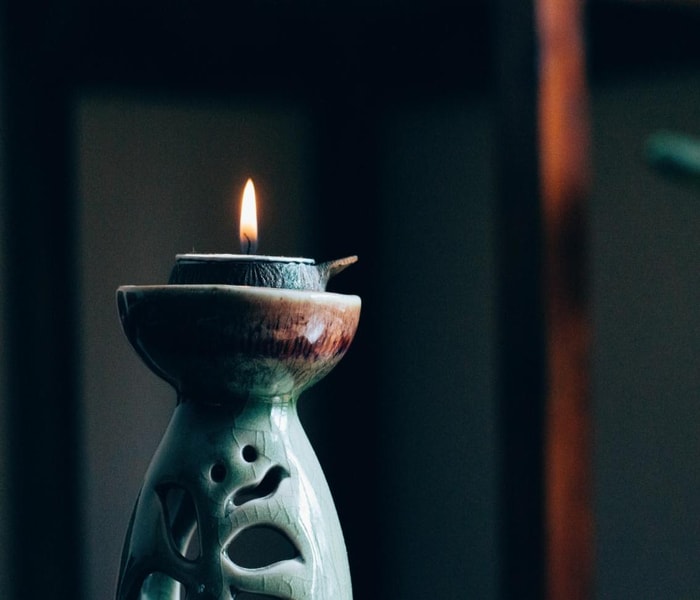Sleep and Mental health | Are They Related?

You must have heard the phrase “woke up on the wrong side of the bed”, right? Well, it’s not just a phrase. How you sleep and how much sleep you get is very closely related to your psychological and emotional health and is also linked to mental health disorders such as depression, anxiety, bipolar disorder, ADHD, and other conditions.
Poor sleep patterns can also cause sleep disorders like insomnia and sleep apnea. These conditions also play an important role in causing mental health problems.
The Relationship Between Sleep & Mental Health

Just like our physical activity is related to our physical rest, emotional activity is related to our psychological rest. The brain is an organ that doesn’t stop working but it too needs to “recharge” at some point. Sleep is needed to help our brain “reset” to be healthy to deal with emotional and mental problems.
At least eight hours of sleep every night, especially REM (Rapid Eye Movement) sleep promotes better brain function. When we are sleeping, our brain is working constantly to evaluate our thoughts and memories. Lack of sleep or sleep deprivation can negatively influence our emotional reactivity. This may lead to an increase in serious mental health disorders including the risk of self-harm.
Sleep & Mental Health Disorders
1. Depression
Depression is a mental health disorder where a person feels extreme bouts of sadness, hopelessness, and even thoughts of self-harm. According to research, people with depression have shown more symptoms of insomnia, daytime sleepiness, and hypersomnia than others. Recently, it has also been recorded that poor sleep can cause or increase symptoms of depression.
Also Read: Natural Remedies For Depression: How Effective Are They?
2. Seasonal Affective Disorder

Seasonal Affective Disorder (SAD) is a type of depressive disorder that affects people during a particular season. This disorder disrupts a person’s sleep cycle. People with SAD are more likely to either sleep too much or too little. This disruption of sleep patterns also negatively influences a person’s mental health.
3. Anxiety Disorders

Anxiety disorders are the most commonly diagnosed disorders around the world. These disorders create situations where a person’s daily life is affected. General anxiety disorder, social anxiety disorder, panic disorder, phobias, OCD, and PTSD are all types of anxiety disorders.
These disorders create worry and fear in a person’s mind which, in turn, is associated with sleep disorders as well. When the mind is in a state of fear and worry, it causes sleep disruptions and poor sleep patterns.
Research has shown that people with PTSD (post-traumatic stress disorder) have more trouble with sleep than others. They are more likely to get frequent nightmares about their trauma and experience a state of alertness.
Poor sleep patterns can increase and worsen anxiety in people even if they show mild signs and symptoms of anxiety disorders.
4. Bipolar Disorder
People with bipolar disorder experience extreme mood swings – manic (high) and depressive (low). These mood swings can have a severe impact on a person’s everyday life. In people with bipolar disorder, their sleep patterns change depending on their emotional state. A person in a manic period may not feel the need to sleep more but during a depressive period, they may sleep more.
Irregular sleep patterns can increase or worsen manic and depressive episodes.
5. ADHD (Attention Deficit Hyperactivity Disorder)
ADHD is a neurodevelopmental disorder that includes a short attention span and immense impulsiveness. This disorder is usually diagnosed in children and may last into adulthood. People and children with ADHD face difficulty in falling asleep and excessive daytime sleepiness. ADHD can also cause restless leg syndrome (RLS).
The Effects Of Lack Of Sleep

Lack of sleep can harm our mental, emotional, and physical health. Some of the effects are:
- Low mood
- Irritability
- Erratic behaviour
- Poor brain function
- Anxiety
- Tiredness and fatigue
- Increase in blood pressure
- Increase in stress hormones
- Increased risk in cardiovascular diseases
- Low immunity
How To Improve Sleep?
There are various treatments available for treating sleep disorders. It is important to receive proper care and treatment from a professional healthcare provider to ensure the quality of life.
1. Cognitive Behavioural therapy
CBT is a type of counseling that focuses on examining thought patterns and helps reframe or replace negative thoughts with positive ones. CBT is effective in treating depression, anxiety disorders, and bipolar disorders, among others. CBT can also help treat insomnia and improve emotional and mental well-being.
2. Lifestyle changes
Improving sleep hygiene is as important as maintaining physical health hygiene. You can improve your sleep patterns by:
1. Establishing and maintaining a regular sleep cycle
2. Incorporating relaxation techniques and breathing exercises before bed
3. Avoiding or limiting the use of alcohol, caffeine, or nicotine before bedtime
4. Avoiding drinking lots of liquid before bed
5. Avoiding going to bed until you feel sleepy or drowsy
6. Maintaining a regular exercise routinein the evening
7. Avoiding the use of electronic devices before bed
Having a good routine and before bed ritual is important to ensure a good sleep. Try to get at least eight hours of sleep, if possible. Find out the best routine and stick to it.
If you’re still facing difficulty sleeping, consult a professional healthcare provider. If the symptoms of your mental health disorders are worsening, consult a therapist for proper treatment. Avoid taking medications until prescribed by your doctor.

Final Words
Poor sleep patterns contribute to emotional and mental health conditions. If you have a pre-existing mental health condition, poor sleep may contribute to it or worsen it. Mental health and sleep are very much related to each other.
Dealing with sleep problems or disorders is imperative to help protect your overall well-being. Lifestyle changes and self-help can help promote healthy sleeping habits. If self-help doesn’t help, consult a doctor for appropriate treatment.
O sleep! O gentle sleep!
Nature’s soft nurse, how have I frightened thee!
That thou no more wilt weigh my eyelids down
And steep my senses in forgetfulness?
-Henry IV, Part 2
Sleep well, stay healthy!
You may like These Also:
Try These Simple Bedtimes Habit For Better Sleep and Mental Well-being





















Great article to understand the disorder..
Thank you for let me know that how a sleep is related to the mental health. From now i'll take care of it.
48% of the diseases are related to improper sleep and causes a lot of diseases... If you haven't taken 8 hours of sleep, sleep again!
Lack of sleep is the major cause of most health issues. Thank you for sharing this information in the most subtle manner.